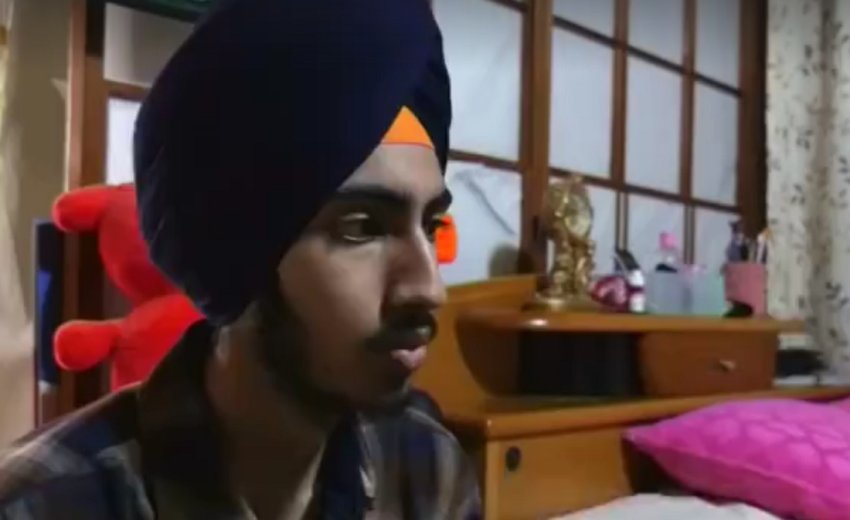Japan says children of asylum seekers can stay - on one condition: their parents return to their country of origin, a Reuters investigation has found.
Gursewak Singh, 17, has written more than 50 letters to Japan's Justice Minister, asking to be recognised as a citizen of the country he was born in, he told Reuters.
He is one of nearly 5,000 people in Japan who have been assigned “provisional release” status, which allows them to stay in Japan while their asylum application is being reviewed.
They say being in limbo makes it difficult to live – they can't work and they don't have access to services such as health insurance.
The Japanese government has repeatedly rejected their applications.
Gursewak, who lives in Tokyo, has inherited his status from his Sikh parents who fled from religious persecution in India to Japan in the 1990s.
"The immigration authorities tell us to go back to our parents' home country. But I've never been to India," he said.
"I went to a government-run kindergarten, elementary school, middle school, and high school. My life's been no different to the life of Japanese people."
In the most recent letter Gursewak, who is fluent in Japanese, asks: “Why do the three of us have to go back to our parents’ country, even though we were born and raised in Japan?”
But he says he has not yet received a reply.
The Immigration Department says children like Gursewak are not afforded special status just because they were born in the country. It maintains they are illegal.
But according to the Singh family, the Immigration Department will make a deal: Gursewak can stay in Japan if his parents return to their country of origin.
Immigration officials confirmed to Reuters that children had permission to stay if their parents left, but that it would only propose such an offer if the families suggested it.
The Singh family rejected it.
According to Reuters, five families confirmed they had been offered the compromise.

